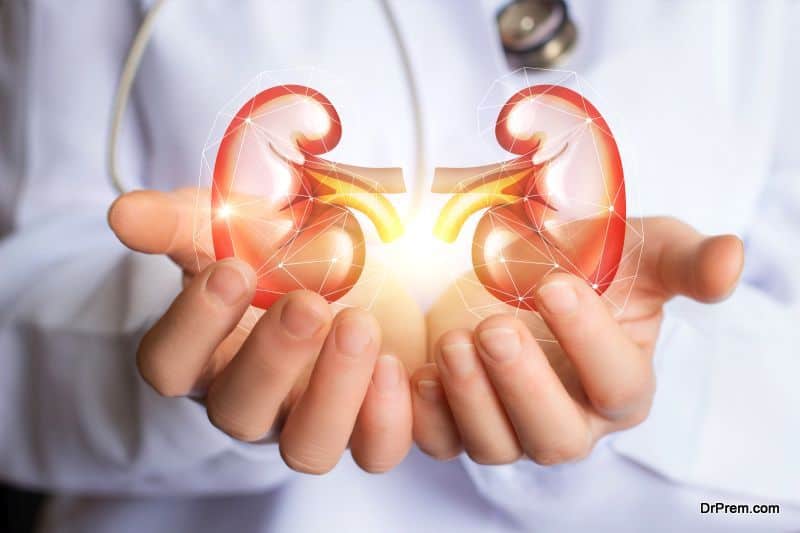Kidney Failure Diet or Diet Kidney is a formula to prevent kidneys from completely failing to perform their functions. All kidney patients are recommended to opt for this diet in order to recover from the critical condition. The diet is relentless and strict.
Kidney Failure Kidney helps in major bodily functions. Filtering blood, production of RBCs, removing waste content, and balancing electrolyte levels in body are some of the primary functions of the kidney. The condition where the kidney is unable to perform these tasks is known as Kidney Failure. An individual must concentrate on recovering from this condition because it can lead to serious consequences.
Kidney Failure Diet Explained
The basic principle of this diet is to ensure the appropriate supply of vitamins, minerals, protein, and calories.
Protein It is one of the most important supplies needed by the kidney patient’s body. You can eat red meat (beef, veal, lamb), eggs, pork, vegetables, grains, seafood, poultry, and fish.
Calories It is the fuel that is needed by the human body to perform daily tasks. Consuming the right amount of calories helps in the maintenance of healthy weight. It also allows the human body to use protein in order to repair tissues and muscles.
You must identify the number of calories required by your body as it differs from individual to individual. Eating hard candy, syrup, jam, honey and other sugary foods can help you gain an increased amount of calories.
Vitamins and Minerals Due to dialysis and kidney disease, the body of patients faces a deficiency of vitamins and minerals. Being on this diet, you must keep a check on the consumption of foods that are rich in minerals and vitamins. Have vitamin supplements if recommended by the doctor. Eating vegetables and fruits provide essential minerals to the body.
Your body requires essential electrolytes, minerals and fluids when suffering from kidney disease. Here is a detailed discussion on these essentials.
Phosphorus It can be found in bran, beverages, nuts, and dairy products. Excessive consumption of phosphorus can lead to weak bones and calcium build up in the heart, joints, muscles, and blood vessels. It can lead to heart disease, poor blood circulation, and skin ulcers.
Potassium Having the right amount of potassium levels in body is important. Too little or too much potassium can worsen the condition of the patient. You need to keep a check on potassium levels due to dialysis. Avocado, peas, banana, leafy greens and dried beans are good to eat for potassium intake.
Calcium is required by the human body to keep bones strong. Foods rich in calcium contain plenty of phosphorus as well. You may need to tackle this problem by having special vitamin D and phosphate binders.
Sodium The amount of sodium present in the human body affects water balance and blood pressure. It is present in canned foods, processed meats, seasonings and table salt. Sodium is essentially required by the human body. Deficiency of sodium can lead to swelling of eyes, fingers and ankle.




